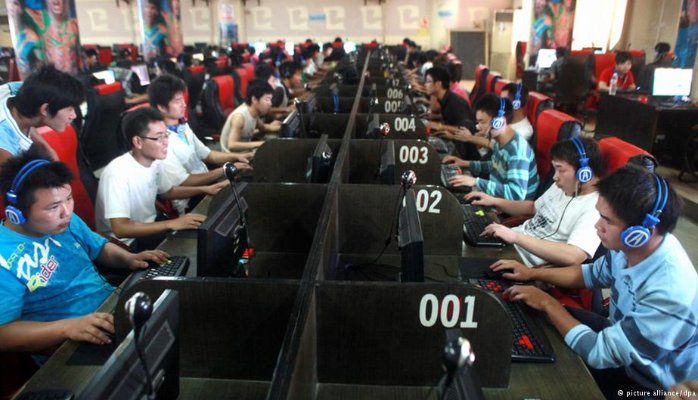At the height of the Cold War my father went to Vietnam in the first of many waves of U.S. servicemen. In 1965 international telephone service was unreliable and incredibly expensive. While he wrote letters home daily, I remember him calling only once. His miraculous calls sent me and my brothers bouncing around our mother impatiently waiting our turn.
Last year while our daughter was studying in Asia, my wife’s and my weekly high point was our Skype video chat. It was free and easier than dialing a phone. My daughter and her friends are more than the first internet generation – they are a nascent global generation. Of her nearly two hundred Facebook friends, nearly half are from countries other than the U.S.
All these communication advancements occurred in less than two generations. The number of transnational Facebook or Linked-In relationships will only grow. Business and science colleagues work daily on international projects in real time using instant messaging to exchange quick thoughts and gather immediate feedback. Gamers from every country, between plotting gory headshots, are pausing long enough to build global friendships.
Instant global communication is more than just a convenience or a cost savings. It is a sledgehammer to our cultural and national boundaries. Our lives are already laced with virtual artifacts from this splintering blow. A surprised world turned to YouTube to witness candidate Obama win a most unlikely victory, won in part by his supporters’ viral creativity. Susan Boyle of Scotland is being cheered on by over 100 million people from every country in a four minute real-life Rocky recreation. Our shared experiences are now global, not just national, not just local.
Increased transnational exchanges, while also exposing our darker undersides, do far more to dissolve barriers and perceived differences. So much so that I’m going out on a limb with a prediction – that Tim Berners-Lee, the creator of the World Wide Web, will one day receive the Nobel Peace Prize.
Berners-Lee’s innovation and decision to make web access unfettered and free, has been a diplomatic tsunami. The web and social networking have democratized foreign relations. Affordable travel brings us into more frequent international contact – free global communication makes it easy for these relationships to last.
Meanwhile, there are policy makers within the nuclear weapons states who continue to make the case that we are somehow made safer by wielding weapons which can annihilate us at any time. While they talk targeting strategies, counterforce versus countervalue, and extended deterrence – global communication technologies are racing ahead of them obliterating borders and eroding national differences. These nuclear proponents seem oblivious to how these communication innovations are rapidly remaking our social, economic, and political worlds. Their worldviews still shaped as if the Cold War were a current event.
Nearly 180 nations already get it. These nations have renounced nuclear weapons and any attempt to acquire them. Several South American nations abandoned their fledgling nuclear weapons programs years ago. Not long ago the Central Asian Nuclear-Weapons-Free Zone entered into force with five more nations agreeing to forever forgo nuclear weapons. South Africa once achieved nuclear capability and subsequently dismantled both their warheads and their nuclear weapons program. And in doing so, they demonstrated to others that the nuclear genie can indeed be coaxed back into its bottle when accompanied by genuine political will.
It is the nuclear weapons states who are now the risk-taking minority. To have any chance of marshalling global consensus for effective sanctions to halt North Korean and Iranian nuclear programs, the current nuclear weapons states must simultaneously turn their sights on their own nuclear arsenals.
The nuclear weapons states will need to make real steps toward mutual, verifiable nuclear disarmament if we are to finally halt proliferation and reduce our nuclear risks.

